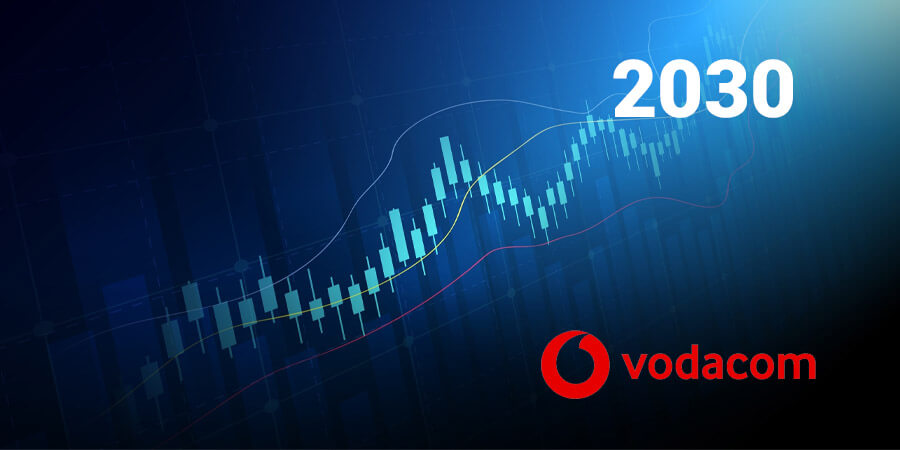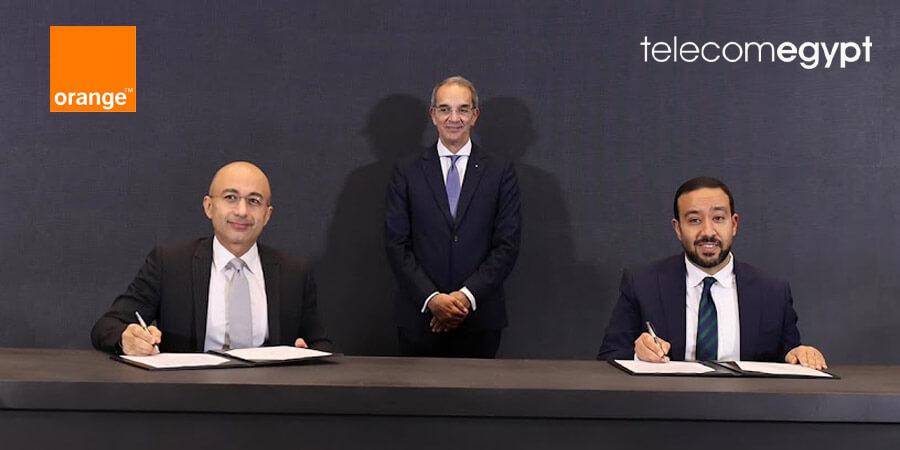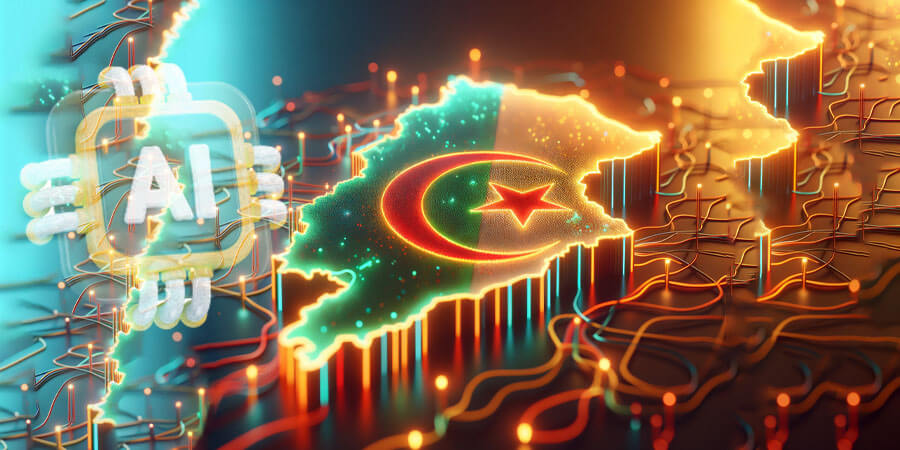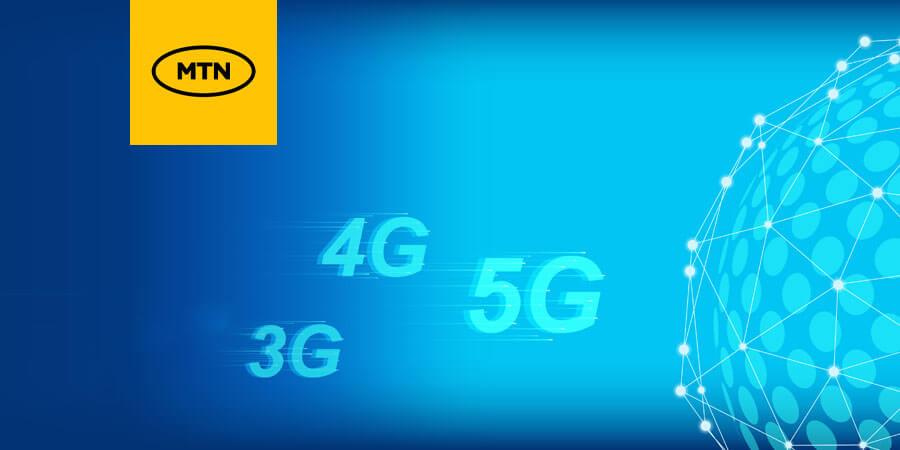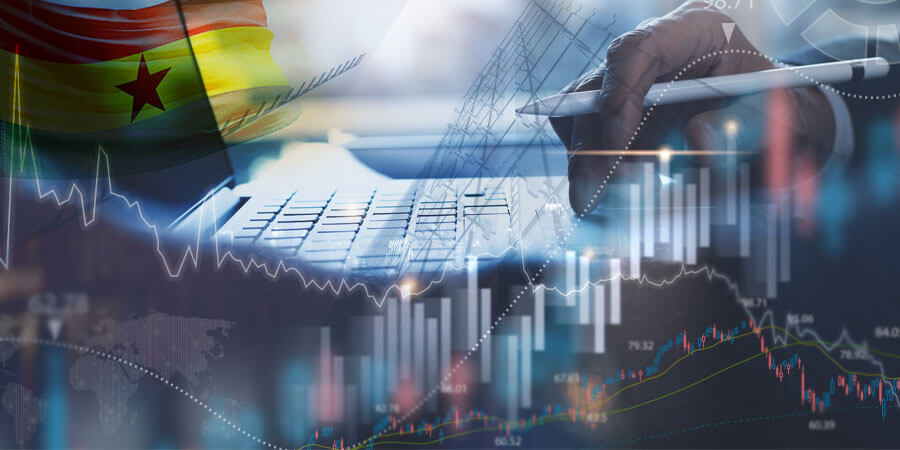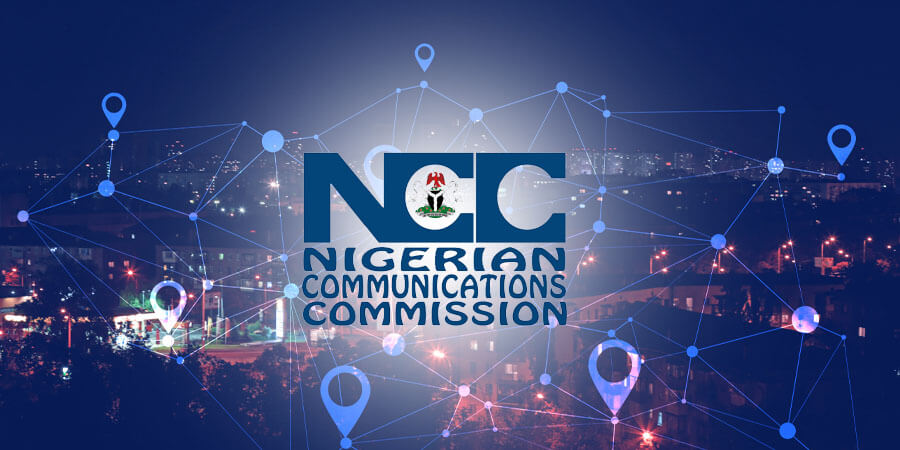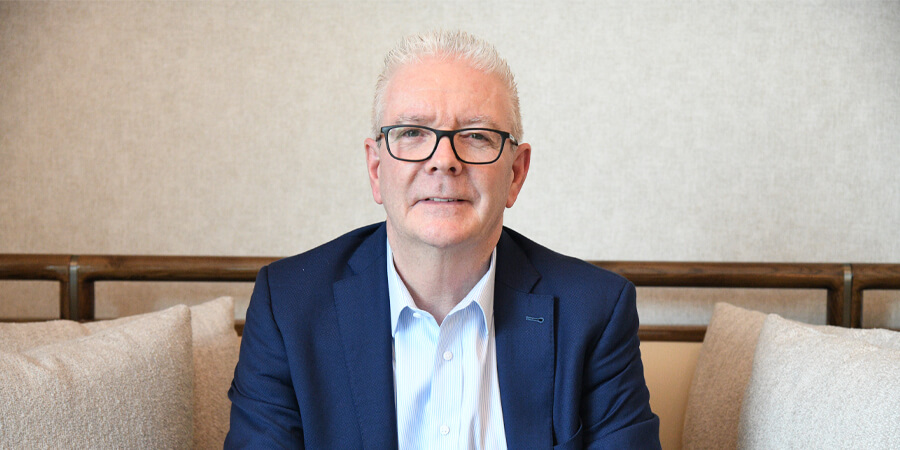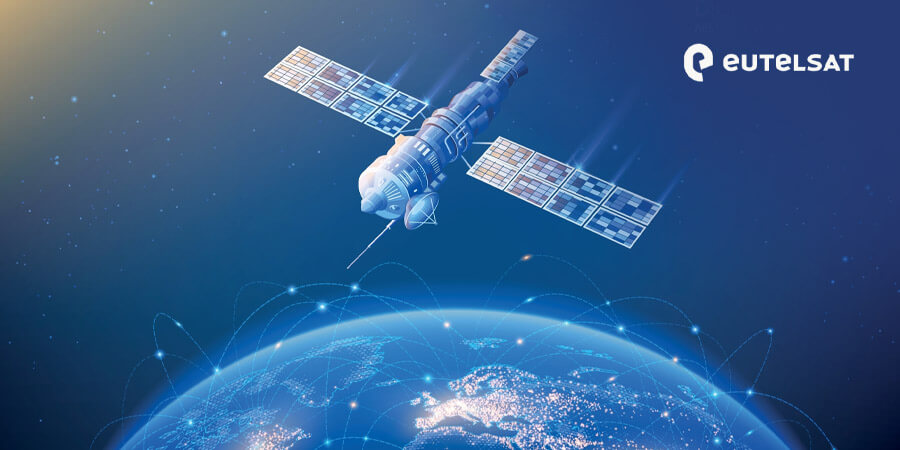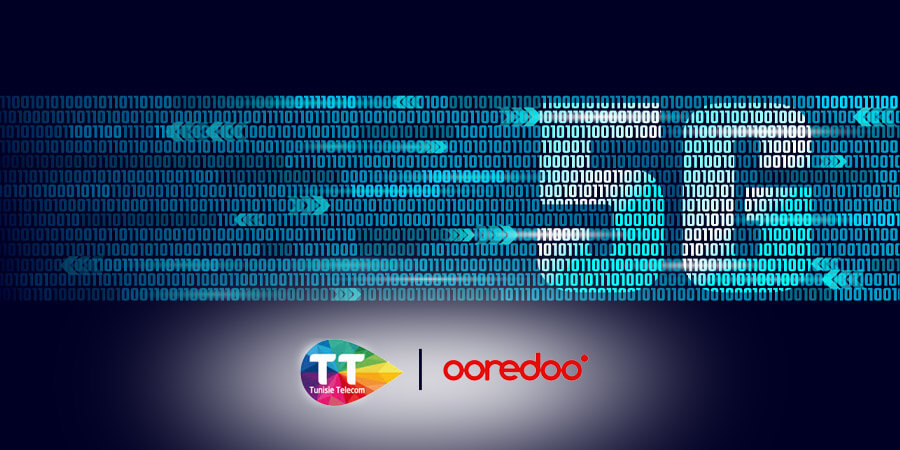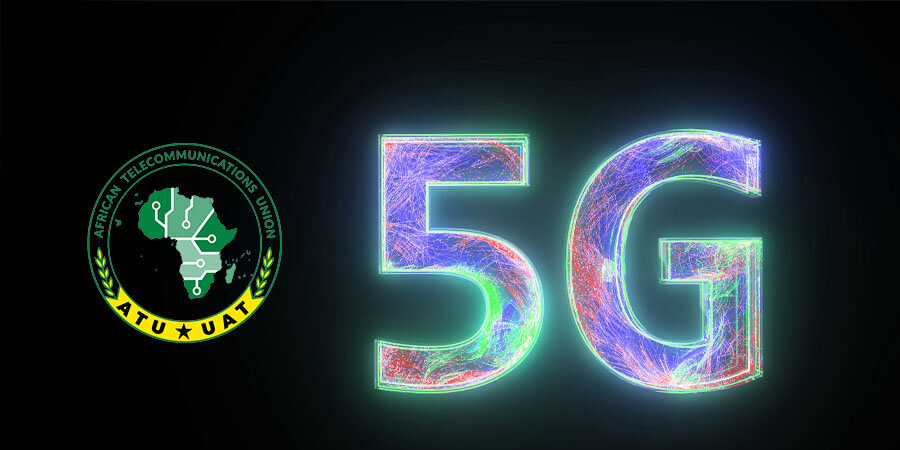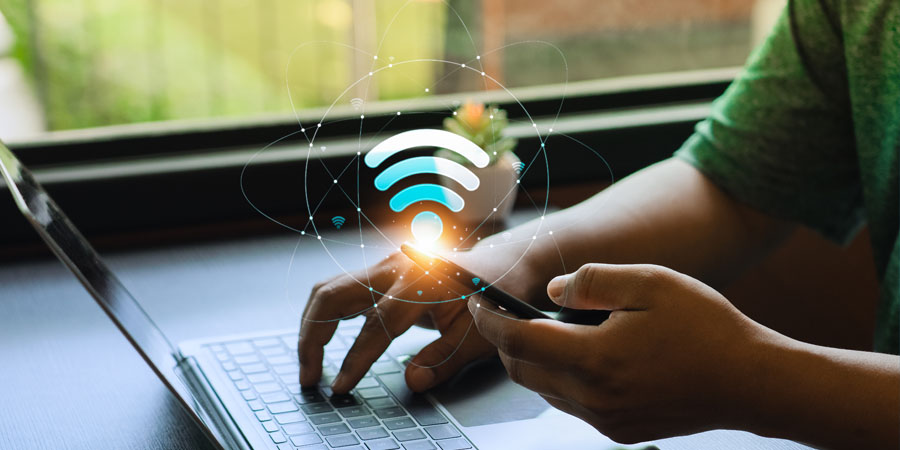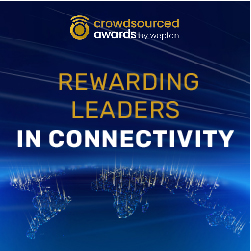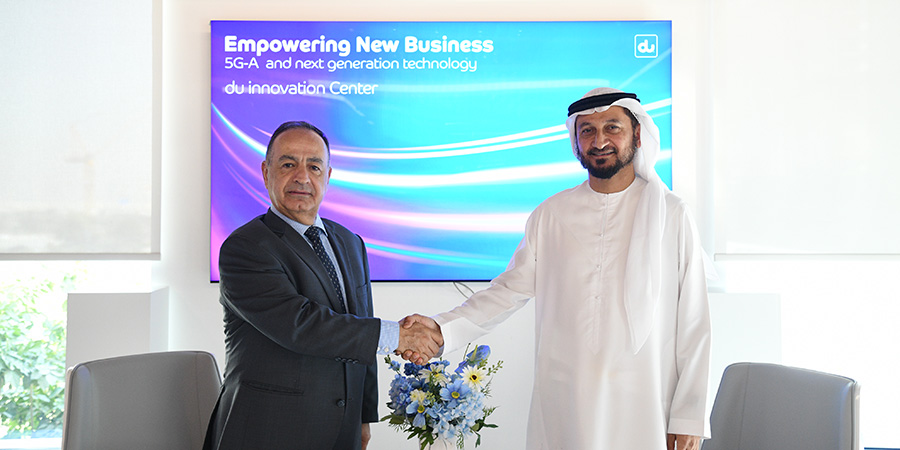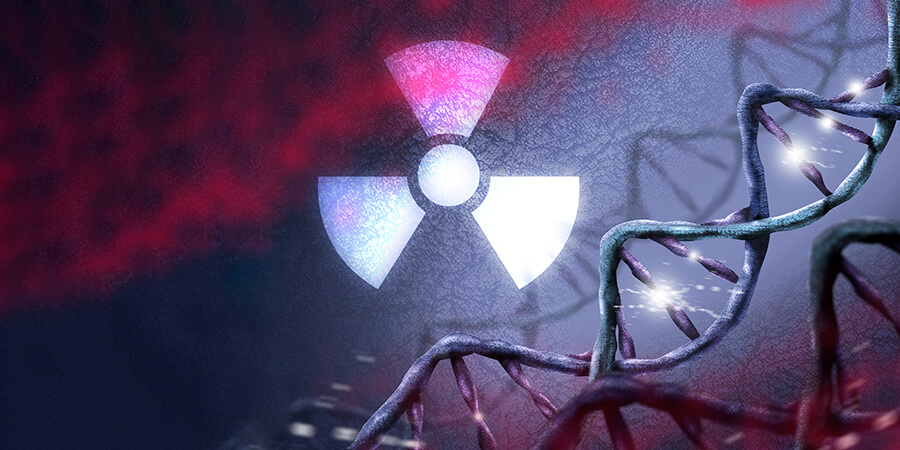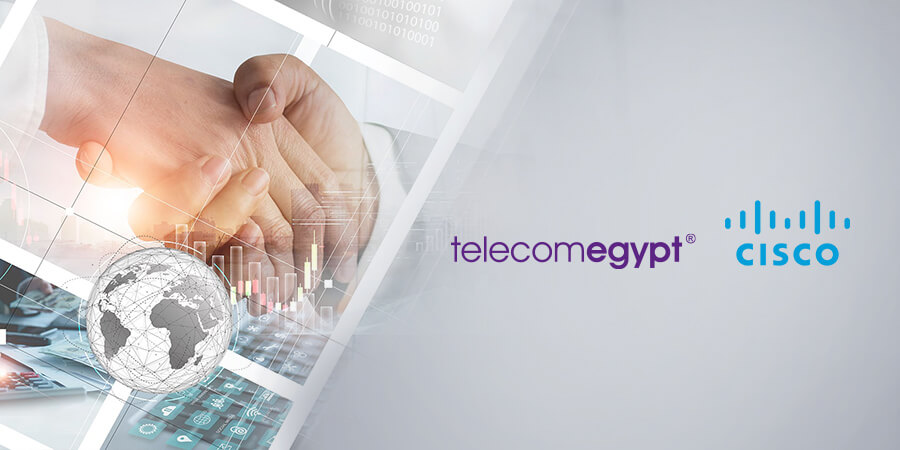OpenAI's study on GPT-4 suggests that the advanced AI model provides only a marginal advantage over the regular internet in researching bioweapons. The research, conducted by OpenAI's readiness team, aimed to assess the risks and potential misuse of their AI models.
Contrary to concerns raised by scientists and ethicists, the study involved 100 participants, including advanced biology experts and students. The participants were randomly assigned to groups with access to either GPT-4 or the regular internet for bioweapon-related research tasks.
While the GPT-4 group demonstrated slightly higher accuracy and more detailed responses, OpenAI's researchers deemed the differences statistically insignificant. The study, however, has been met with questions regarding the true strength of GPT-4, which has full internet access and extensive training data. OpenAI's ‘preparedness’ team is exploring AI's impact on cybersecurity threats and belief changes, aligning with the team's goal to evaluate and mitigate risks associated with AI technology.





